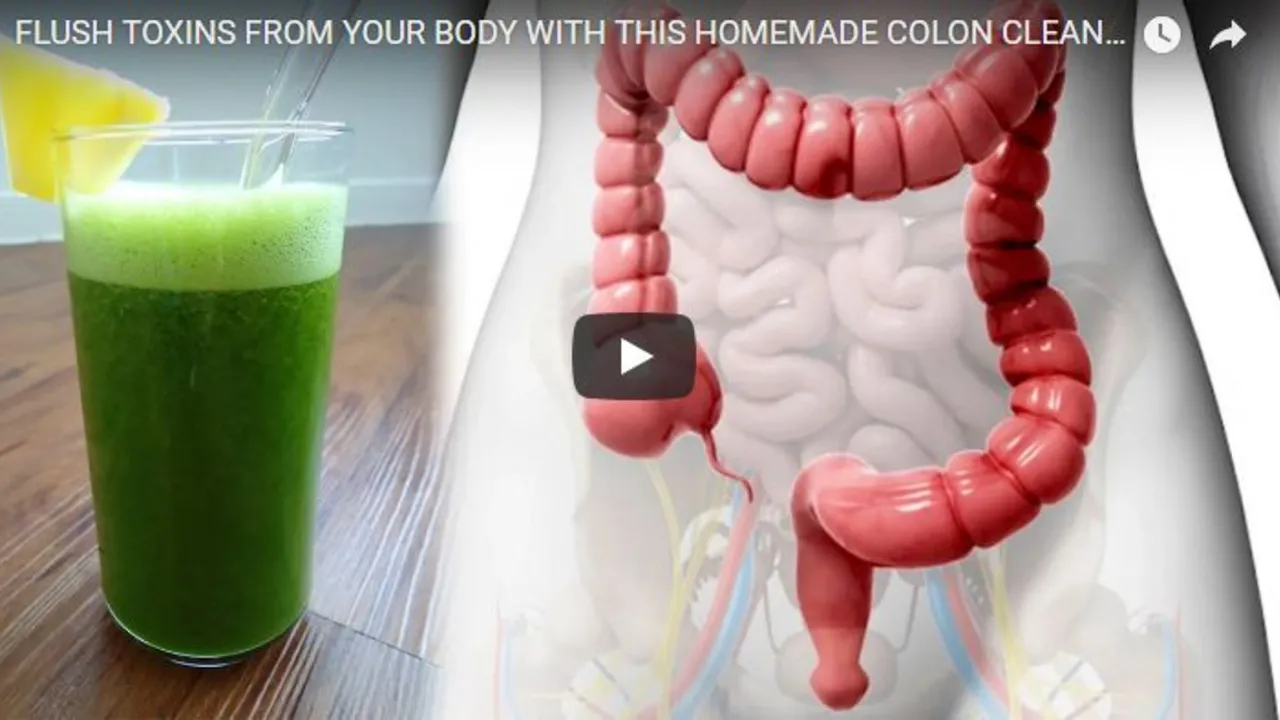Colon Health: Simple Steps to a Happy Gut
If you want your stomach to feel good every day, start with the colon. It’s the part of your digestive system that absorbs water and forms stool, so keeping it clean and working well makes a big difference in overall health.
Everyday Habits for a Healthy Colon
First up: fiber. Foods like whole‑grain bread, beans, berries, and leafy greens add bulk to your stool and help move waste through the colon. Aim for at least 25 grams of fiber a day – that’s roughly one cup of cooked beans or a medium apple with skin.
Second, drink plenty of water. When you’re dehydrated, the colon pulls extra water from stool, making it hard and dry. A good rule is to sip about eight glasses daily, more if you exercise or live in a hot climate.
Third, stay active. Even a brisk 30‑minute walk each day gets your muscles moving, which pushes waste along the colon. You don’t need a marathon; consistent movement does the trick.
Fourth, limit processed foods and red meat. High amounts of these can increase inflammation in the colon and raise the risk of polyps. Swap out chips for nuts or popcorn, and try fish or plant‑based proteins a few times a week.
Finally, don’t ignore bathroom signals. Holding it in forces the colon to reabsorb water, leading to harder stool and possible hemorrhoids. Go when you feel the urge – it’s a simple habit that protects your colon.
When to See a Doctor About Your Colon
Most colon issues show up as changes in bowel habits. If you notice blood in stool, persistent diarrhea, or constipation lasting more than three weeks, schedule a check‑up. These signs can point to infections, inflammatory conditions, or even early colorectal cancer.
Screening matters, especially after age 45. Colonoscopies can spot polyps before they turn dangerous. Talk with your doctor about the right schedule for you; many insurers cover the test as a preventive service.
If you have a family history of colon cancer or inflammatory bowel disease, let your doctor know. They may suggest earlier screening or additional tests like stool DNA kits.
Probiotics are another tool worth discussing. Certain strains can balance gut bacteria and reduce symptoms of IBS, but they’re not a cure‑all. Your physician can guide you on which supplements, if any, fit your needs.
Bottom line: good colon health starts with everyday choices – fiber, water, movement, and listening to your body. Combine those habits with regular medical check‑ups, and you give your digestive system the best chance to stay healthy for years to come.

The Benefits of Colon Cleansing for Constipation Relief and Prevention
As a health-conscious guy, I've always been curious about various ways to maintain my body's health. Recently, I discovered the benefits of colon cleansing for constipation relief and prevention. Believe me, this practice is incredibly effective and gives a lot of relief! I'm glad I explored it, primarily because it's been a huge benefactor in upholding colon health. So, join me in learning about this effective method of ensuring a smoothly functioning digestive system.